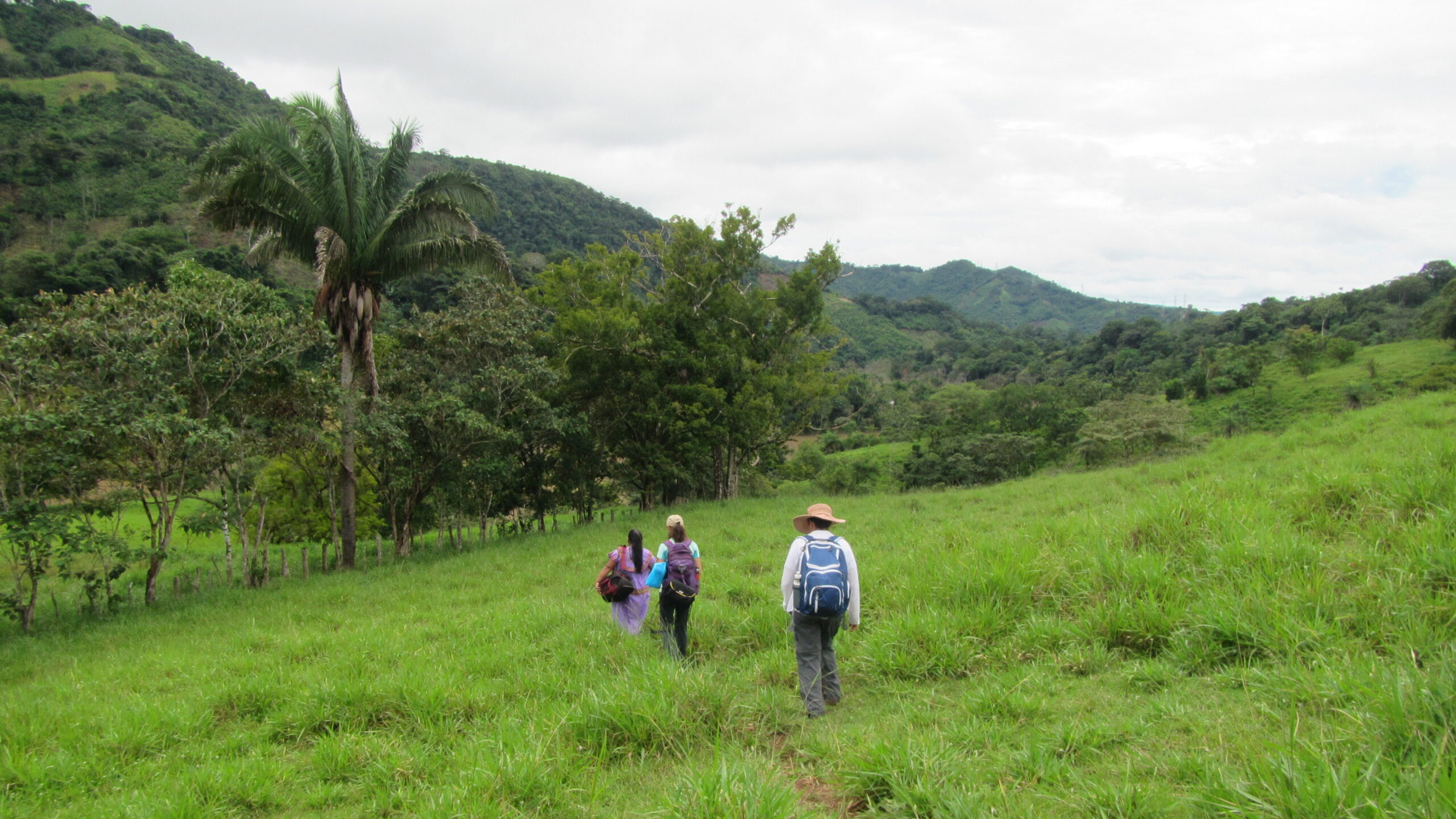Along the remote Atlantic Coast of Panama, the Movement for the Defense of the Territories and Ecosystems of Bocas del Toro (MODETEAB) has been actively organizing to raise Indigenous communities’ concerns about a proposed electrical transmission line (Line IV) since 2018.

The Line IV project threatens the rights of Indigenous Ngäbe and Buglé communities and could destroy one of the last intact tropical forests in Panama. For years, CIEL has accompanied MODETEAB in engaging with the United Nations and World Bank to highlight the threat the project poses and to demand that Indigenous Peoples’ rights be respected before it goes forward.

In June, there was a breakthrough in the case. In response to a complaint the Ngäbe and Buglé communities submitted four years ago, the independent accountability mechanism of the World Bank’s International Finance Corporation (IFC) found that the IFC violated its own sustainability policy when it backed the project. This landmark case is an example of these accountability processes working, and the actions that the IFC committed to take in response represent an important step toward ensuring that Indigenous Peoples’ rights are respected — not just in policy, but in practice. This investigation confirmed that respect for Indigenous Peoples’ right to free, prior, and informed consent is a prerequisite for sustainable development. And it sets the critical precedent that development finance actors cannot shirk their responsibilities to Indigenous Peoples with impunity.
